Table Fan vs. Cooler: Which Is Better for Your Home?
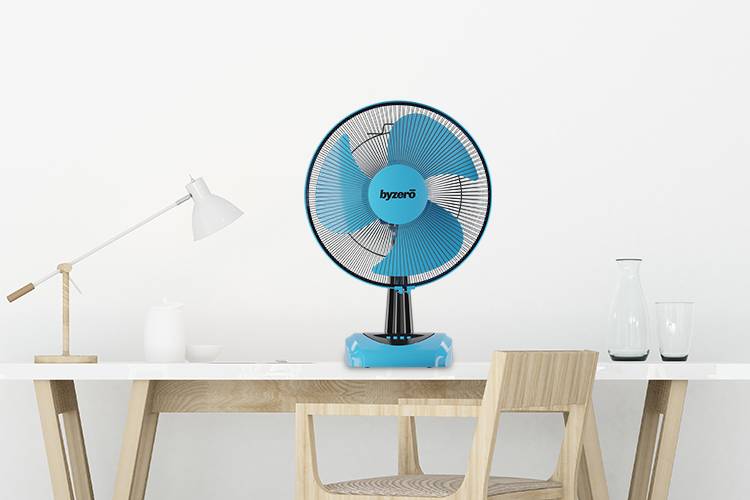
Summer's heat can be relentless, leaving us searching for ways to stay cool and comfortable. Two popular options are table fan and air coolers. But which one reigns supreme in the battle for a refreshing breeze? Let's break down the pros and cons of each to help you decide which is the better fit for your home.
Table Fans: The Classic Cooling Companion
Table fans are a familiar sight in homes around the world. They're compact, portable, and relatively inexpensive. Here's what makes them a great choice:
- Simple and Efficient: Table fans work by circulating air in a room, creating a windchill effect that makes you feel cooler. They're generally energy-efficient, especially our models featuring BLDC motors, keeping your electricity bills down.
- Multiple Options & Sizes: From basic desk fans to powerful oscillating models, there's a table fan to suit your needs and space. We offer a variety of table fans with adjustable speeds and oscillation settings, allowing you to customize your cooling experience.
- Low Maintenance: Table fans are generally very easy to maintain. Regular dusting and occasional wiping with a damp cloth are all you need to keep them running smoothly.
However, table fans also have some limitations:
- Limited Cooling Area: Table fans are best suited for personal cooling or small spaces. They won't effectively cool down a whole room, especially during peak summer heat.
- Drying Effect: Since table fans circulate existing air, they can sometimes contribute to a drying effect. This might not be ideal for people with dry skin or respiratory issues.
Air Coolers: A Chilled Breeze Alternative
Air coolers, also known as evaporative coolers, offer a different approach to cooling. Here's a look at their key features:
- More Effective Cooling: Air coolers use water evaporation to create a cool, refreshing breeze. They can be more effective than table fans at lowering the temperature in a room, especially in dry climates.
- Humidifying Effect: Unlike table fans, air coolers add moisture to the air, which can be beneficial in dry climates. This can also help alleviate dry skin or respiratory problems.
However, air coolers have some drawbacks too:
- Higher Maintenance: Air coolers require regular refilling of water tanks and cleaning of filter media. This can be more maintenance than using a simple table fan.
- Limited Effectiveness in Humid Climates: Air coolers work best in dry climates. In humid environments, they can actually make the air feel even muggier.
- Higher Energy Consumption: While generally more energy-efficient than traditional air conditioners, some air coolers can consume more electricity than table fans.
So, Which One Should You Choose?
The best choice between a best table fan and an air cooler depends on your specific needs and preferences. Here's a quick guide:
- Choose a Table Fan if:
- You're looking for a low-maintenance, energy-efficient cooling solution.
- You need to cool a small space.
- You live in a humid climate.
- Choose an Air Cooler if:
- You need more effective cooling in a dry climate.
- You prefer a cooler with a humidifying effect.
- You don't mind the additional maintenance required.
Beyond Table Fans and Coolers:
We also offer other options like utility fans and wall fans that can be a great fit for different cooling needs. Explore our wide variety of fans to find the perfect solution for your home, keeping you cool and comfortable all summer long.
Remember, the best cooling solution might be a combination of options. A table fan combined with strategic use of curtains and natural ventilation can work wonders. Ultimately, finding the cooling solution that works best for you depends on your personal preferences and specific climate.
Frequently Asked Questions (FAQs) :
- How does a table fan work compared to an air cooler?
- Table Fans: They circulate air in a room, creating a windchill effect that makes you feel cooler. They don’t lower the room temperature but improve air movement, which helps in cooling you personally.
- Air Coolers: Also known as evaporative coolers, these use water evaporation to create a cooler breeze. They lower the room temperature more effectively, particularly in dry climates, and also add moisture to the air.
-
What are the main benefits of using a table fan?
Benefits of Table Fans:
- Energy Efficiency: Generally uses less electricity, especially models with BLDC motors.
- Low Maintenance: Requires minimal upkeep—just regular dusting and occasional cleaning.
- Portability: Easy to move and suitable for small spaces or personal use.
-
What are the advantages of using an air cooler?
Benefits of Air Coolers:
- Effective Cooling: Can lower room temperature more effectively than a fan, especially in dry climates.
- Humidifying Effect: Adds moisture to the air, which can help with dry skin and respiratory issues.
- Enhanced Comfort: Provides a cooler environment and can improve overall comfort in dry conditions.
-
Are there any downsides to using table fans?
Drawbacks of Table Fans:
- Limited Cooling Area: Best suited for small spaces or personal cooling; not effective for large rooms.
- Drying Effect: Can contribute to dry air, which might not be ideal for individuals with sensitive skin or respiratory problems.
-
What are the potential issues with air coolers?
Drawbacks of Air Coolers:
- Higher Maintenance: Requires regular water refills and cleaning of filters.
- Limited Effectiveness in Humid Climates: Can increase humidity and make the air feel muggier in already humid conditions.
- Higher Energy Consumption: Generally consumes more electricity compared to table fans, though less than traditional air conditioners.
-
How do I decide whether a table fan or an air cooler is right for me?
Choose a Table Fan if:
- You want a low-maintenance, energy-efficient option.
- You need cooling for a small space or personal use.
-
You live in a humid climate where adding moisture might be undesirable.
Choose an Air Cooler if:
- You need more effective cooling in a dry climate.
- You prefer a device that adds moisture to the air for better comfort.
- You are willing to handle the additional maintenance involved.

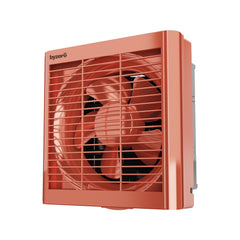
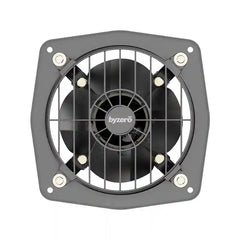
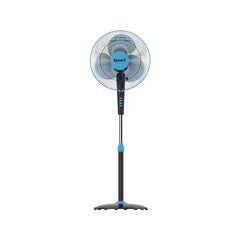
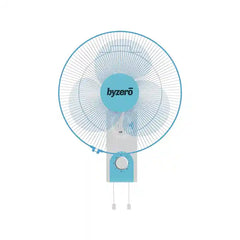
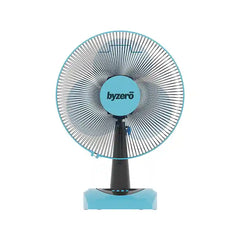
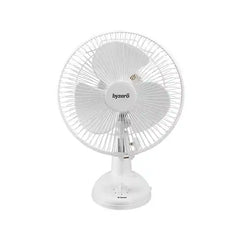



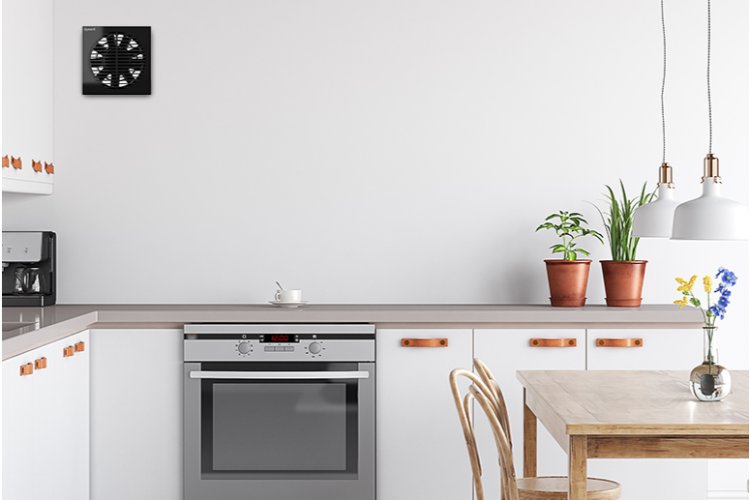
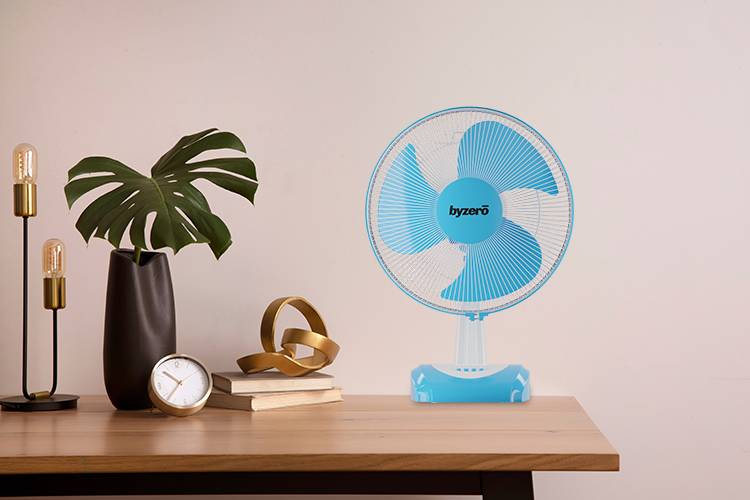
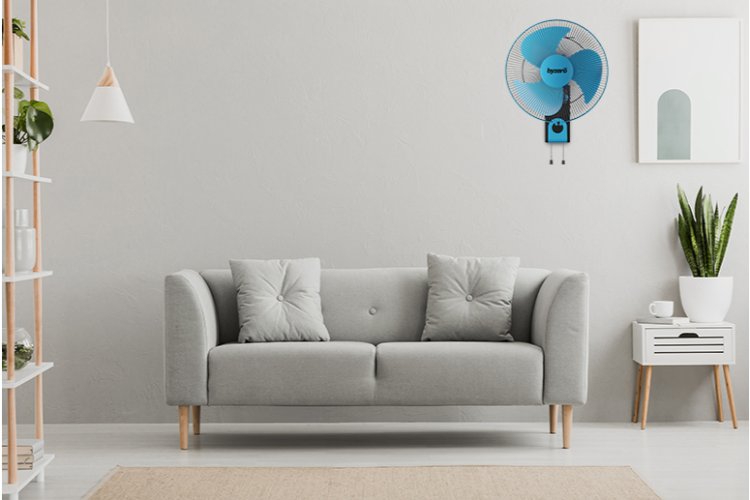
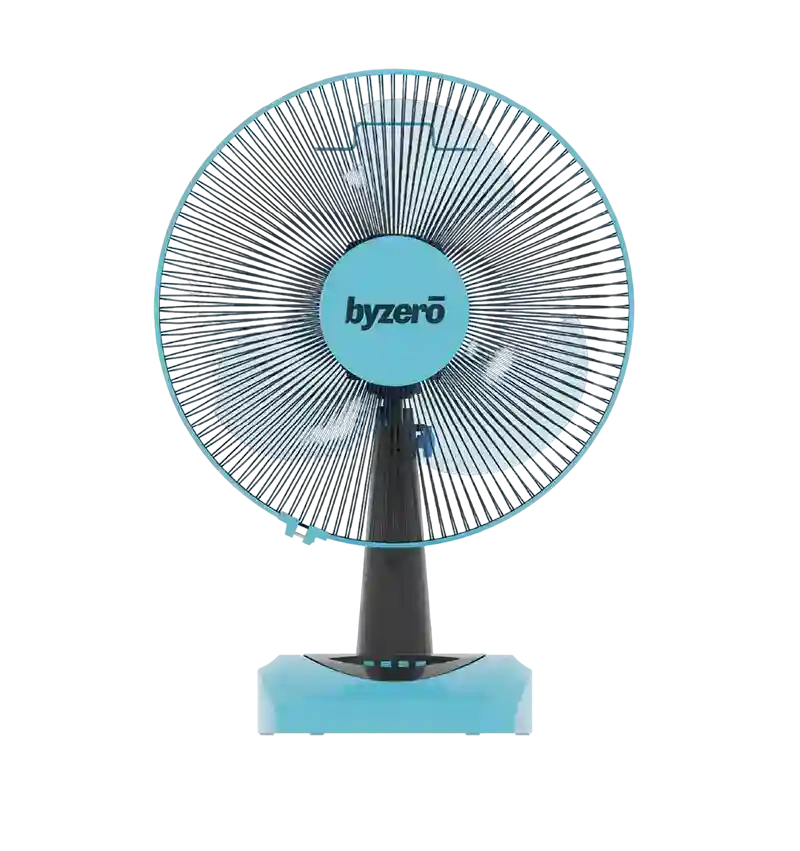
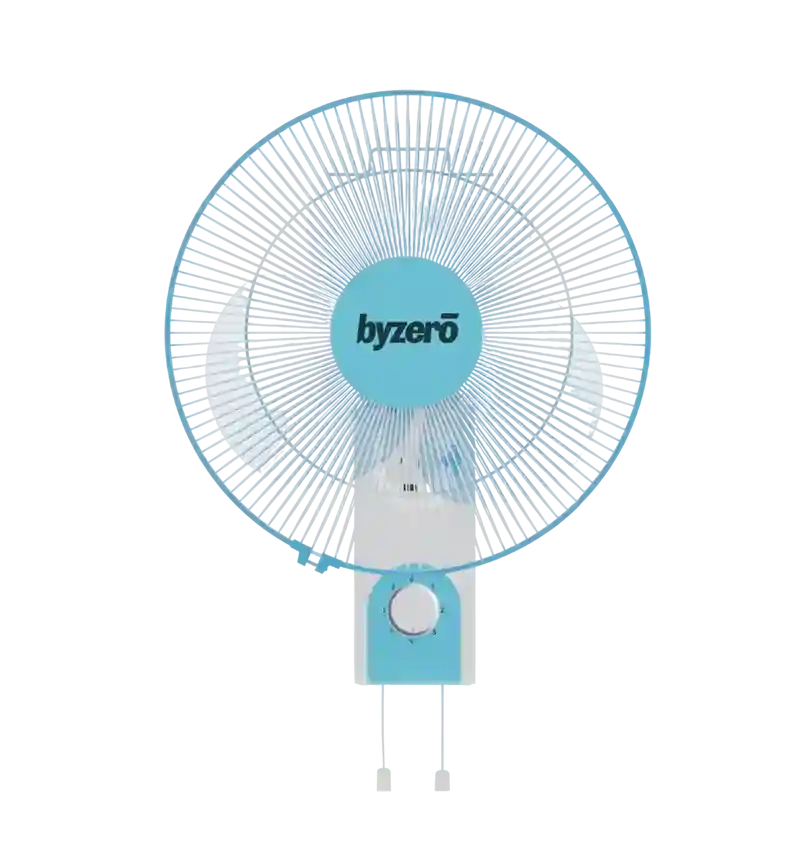
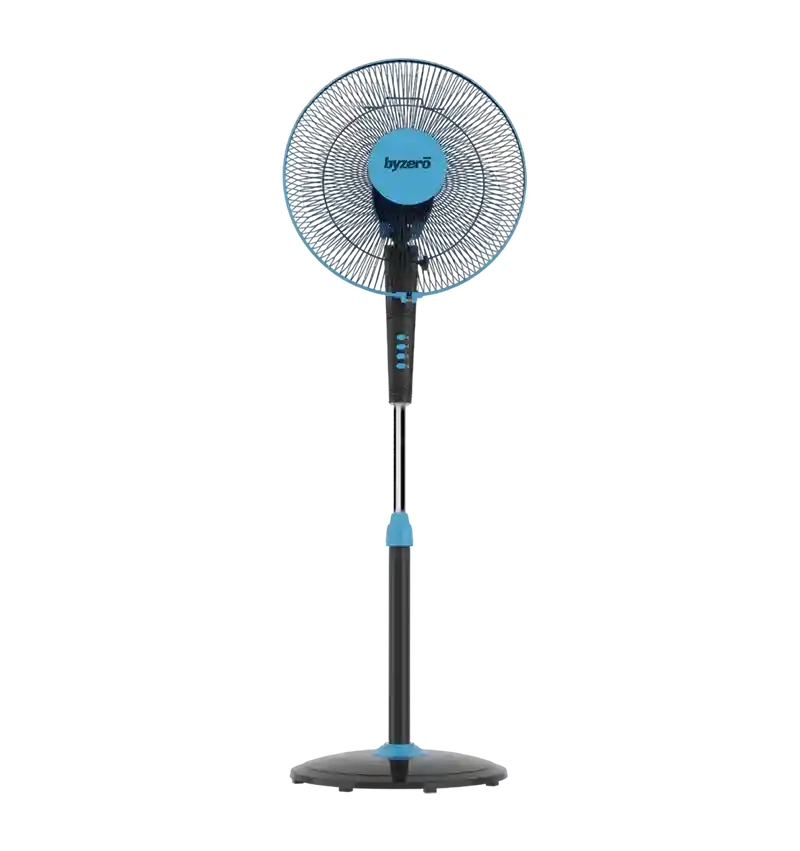
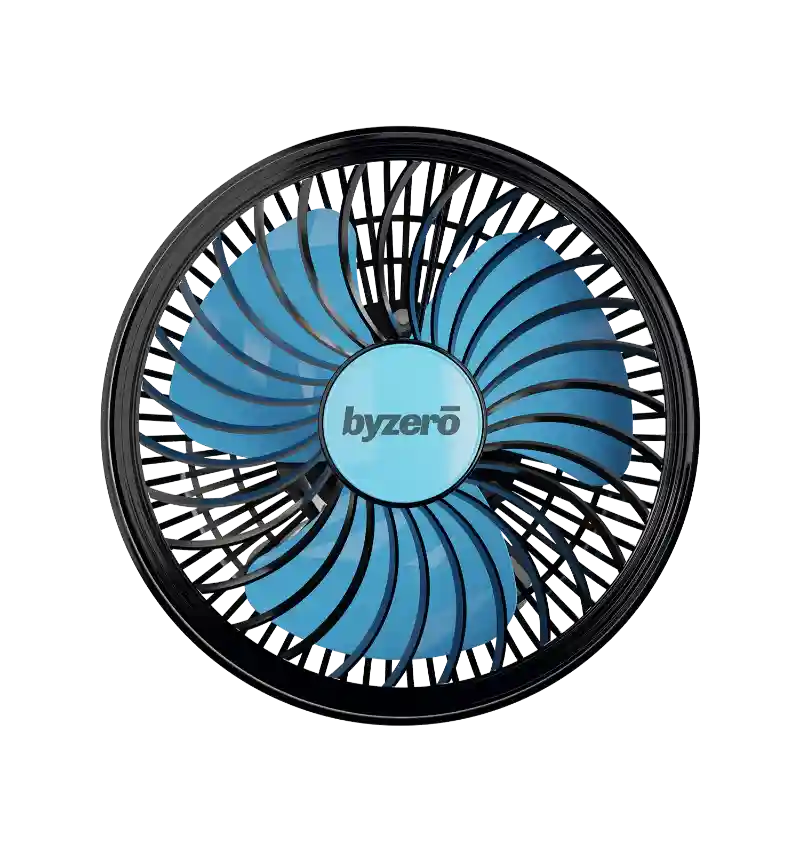
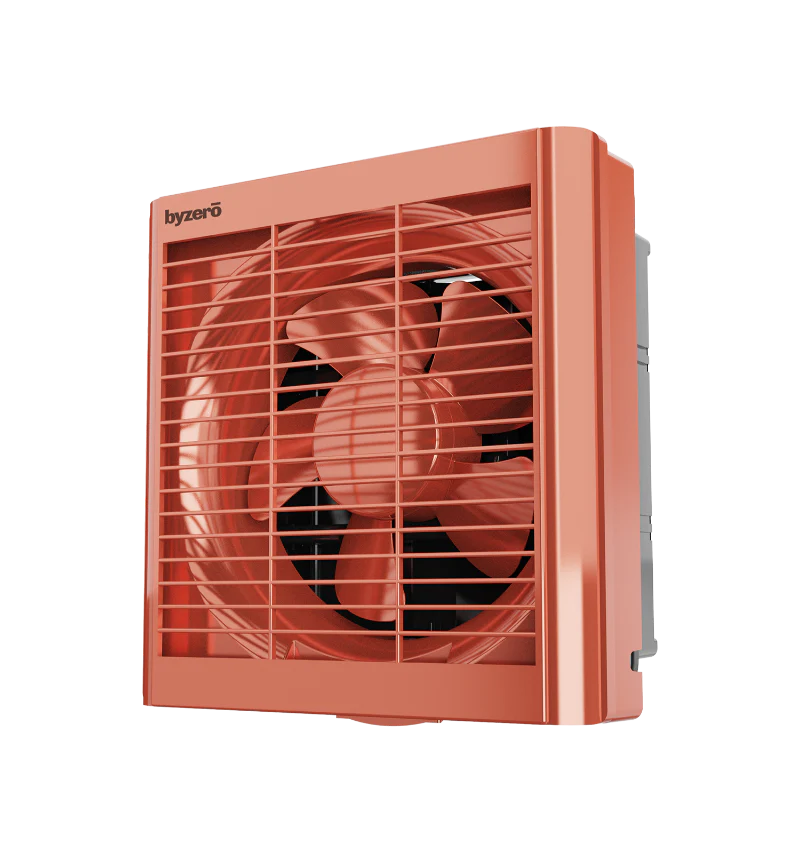



Leave a comment